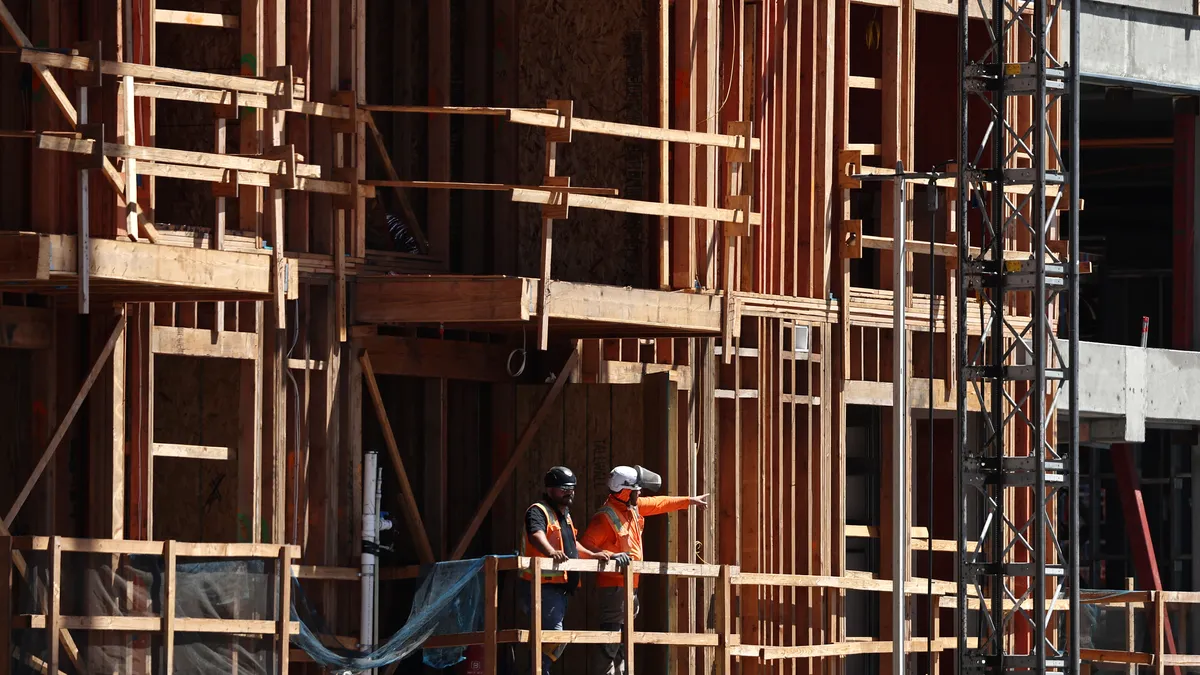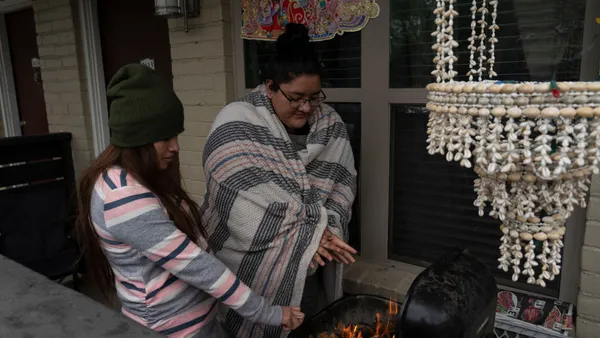Dive Brief:
- There are a record 48 construction projects worth approximately $1 billion underway in Portland, Oregon's Central City district, according to a 2018 Portland Business Alliance Report, but affordable housing is lacking.
- The Center City district, which includes the downtown and nearby areas, has seen 5,200 residences built since 2011; in addition, 3,300 units are under construction and 2,000 are in the design phase. However, only 10% of the total meet the city's definition of affordable.
- To promote affordable housing construction, Portland enacted an Inclusionary Housing program last year that requires that proposed residential projects with 20 or more units provide a percentage of units with rents affordable to households at 80% of the area median income. The city provided other options, and also said builders can pay a fee-in-lieu at permit issuance. Only 17 projects triggering housing permits have been filed since the program went into effect in 2017, so the city is reevaluating the program for possible revisions in order to boost construction of affordable units.
Dive Insight:
Tech companies are driving many of the building booms in and around Portland, Seattle, San Francisco and other tech-centric cities. With that momentum comes plenty of high-paying jobs, which are driving up rents and home prices. While these cities are benefiting from job creation and increased tax revenues, the building booms are pushing many working-class and low-income individuals out of their long-term neighborhoods and into the suburbs; some have even been made homeless.
However, efforts to boost the number of affordable housing units often get pushback from developers in the form of lawsuits or withdrawal from the market, as is the case in Portland.
A few years ago, the California construction industry lost a legal battle against a San Jose, California, regulation requiring that builders set aside 15% of units in housing developments as below-market rate. The California Supreme Court didn't buy the builders' argument that the rule was tantamount to an unconstitutional taking of property, and the U.S. Supreme Court refused to hear the case.
California is under a great deal of pressure to come up with affordable housing solutions. In Los Angeles and Orange County alone, there is a reported shortfall of 600,000 affordable units, part of a total Southern California shortage of more than 940,000. As a result, and with decreases in public funding for affordable housing construction, some are calling on local governments to enforce inclusionary regulations for all new developments.











